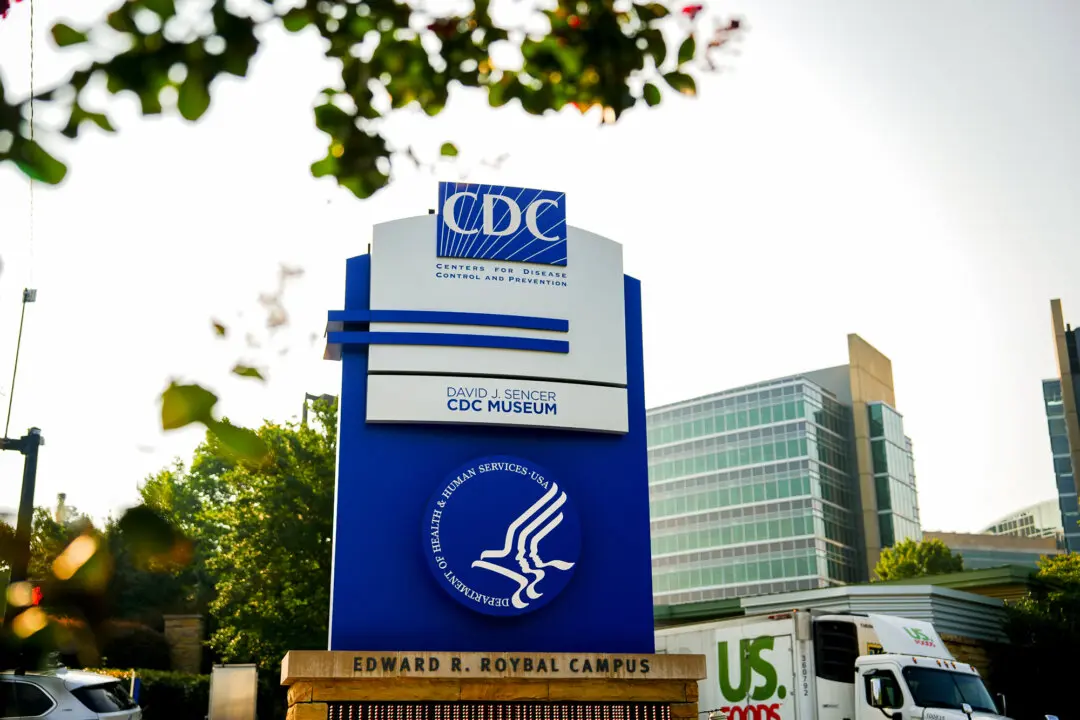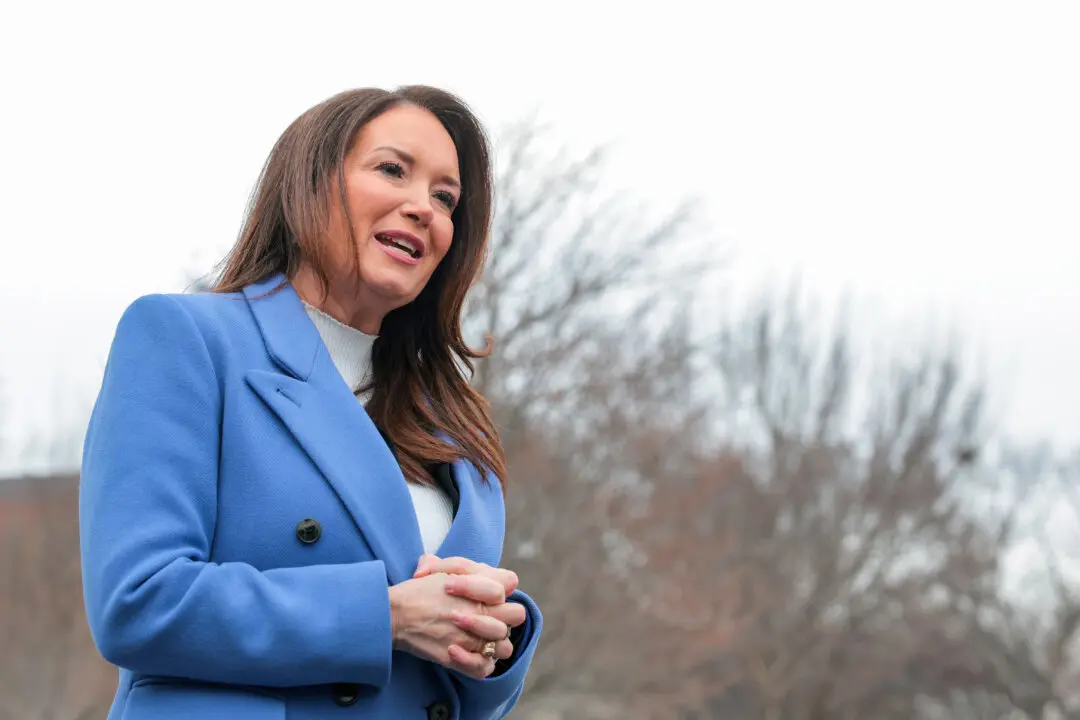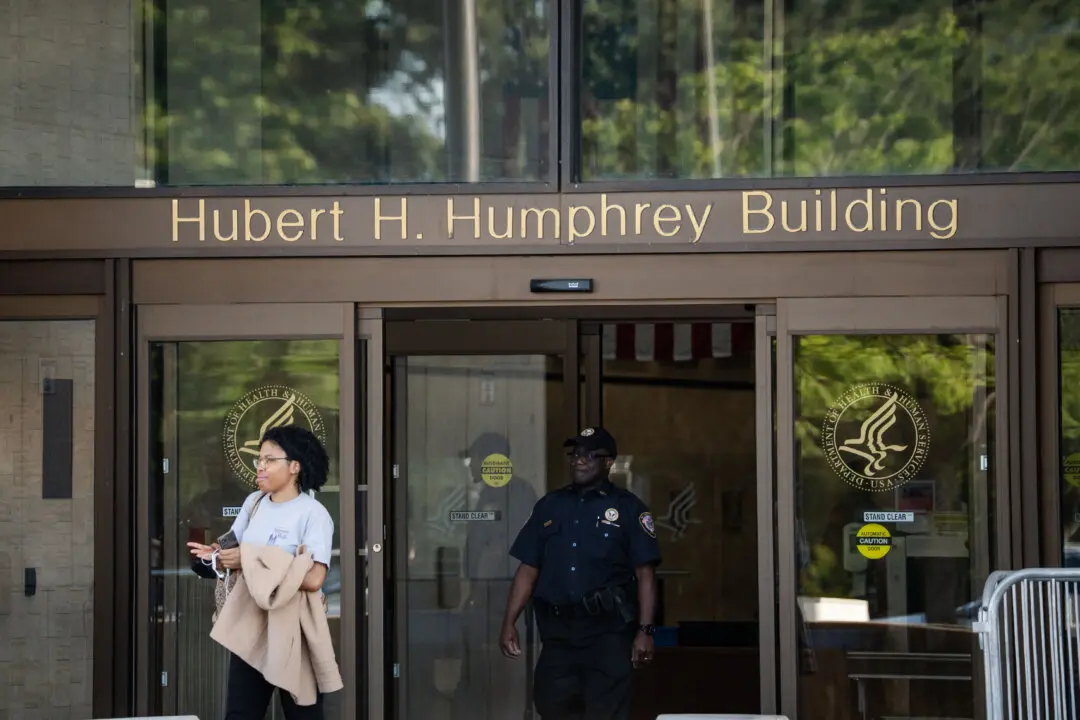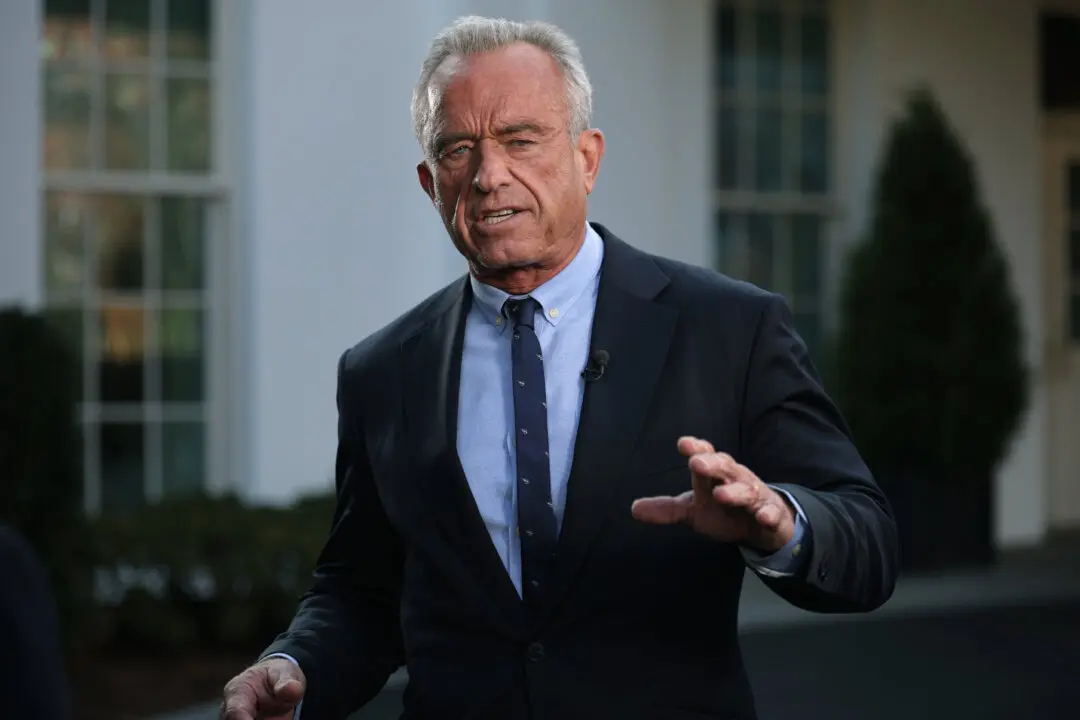A judge has blocked New York authorities from banning guns in churches and other houses of worship, ruling that the state’s restrictions violate the U.S. Constitution.
There is “ample Supreme Court precedent” emphasizing an individual’s right to keep and bear arms, U.S. District Judge John Sinatra, a Trump appointee, wrote in a 40-page ruling. That precedent dictates that the New York law is unconstitutional, he said.





